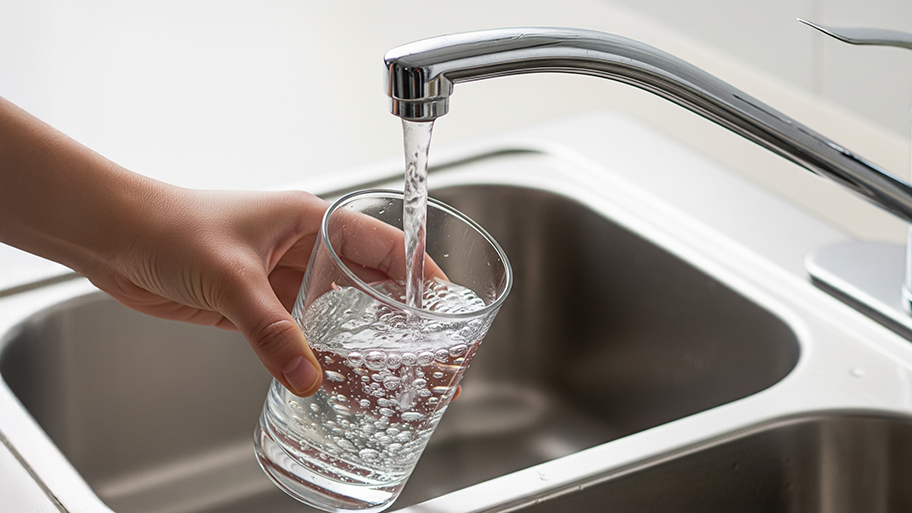
On average, a reverse osmosis water filter costs around $2,200, but there are a few variables that impact the total price. Learn about them in this guide.
Soften the impacts of your water softener decision by knowing which is best


Water softeners save you energy by reducing limescale and mineral buildup.
Renting a water softener saves you upfront costs but costs more over time.
Owning a water softener is best for homeowners who have no plans on moving.
Tenants should check with their landlords before installing a water softener.
If you’re tired of seeing the effects of too much calcium in your tap water on your appliances, clothes, skin, and hair, chances are you’ve considered switching to a water softener. But not every water softener is equal, and you also have to factor in whether you want to get a water softener rental or buy one. Here’s what you need to know to help you decide which option is right for you.
If you don't have prior experience installing or repairing a water softener, consider contacting a plumber for assistance.
Water softeners are a type of water filtration system that removes or neutralizes hard water that damages pipes, appliances, and even your body. Calcium, magnesium, and chlorine in tap water are the biggest culprits, with calcium especially leaving limescale in pipes, lowering your appliances’ performances and costing you money and energy. Water softeners remove these damaging minerals and leave you with softer water.
Renting a water softener might not be the first thing you think of when you’re considering your options for a water softener, but it is not uncommon for a water softener installer near you to offer rentals as part of their services. With a rental, your water treatment company might ask you to sign a year-long contract at a fixed rate.
When you rent your appliance, water softener maintenance and repairs are often included in the price of your rental, making it a good option for anyone planning to only temporarily live in the home that will have the rental water softener.
There are some upsides and drawbacks to renting your water softener over buying one.
Noteworthy benefits to renting a water softener instead of purchasing your own include:
No major down payment. You don’t need to put down a lot of money to rent a water softener, so renting is more affordable upfront.
Your maintenance and repairs are included. If the appliance stops working or you need water softener repairs, you usually don’t have to pay anything extra.
You don’t have to commit. If you don’t see a major improvement, need to move, or your local laws change, you can simply cancel your renewal.
At the same time, there are some cons to renting a water softener for your home, including:
Limited choices. Rentals are often older, select models, meaning you have fewer options for which system gets installed.
May save you less than buying. Since you have to commit to paying monthly, a water softener rental costs you more in the long run.
May require more repairs. If you receive an older softener system, it’s likely less efficient and can cost you if something goes wrong that isn’t included in the maintenance contract.
You have to get permission if you’re a tenant. Your landlord might not allow you to rent a water softener in your rental home.
Similarly, there are some pros and cons to buying your water softener and avoiding that monthly payment.
As with a water softener rental, there are key benefits to buying a water softener:
You save money over time. Your new water softener may have a higher upfront cost, but you’ll pay less in the long run. Plus, new units will run more efficiently and could save on electric bills and the cost of salt for regeneration.
You get to choose your system. When you buy a water softener system, you aren’t limited to the rental company’s availability and limitations and can select the best water softener for your home.
It’s more energy efficient. Because your water softener is new, you’ll have a more efficient system that ends up saving energy.
Once paid off, it’s yours. Unlike rental water softeners, which require you to continue investing in a monthly or yearly payment plan, once you’ve paid off your water softener, the only expenses you’ll have to pay are maintenance and repairs.
Fewer repairs and issues. Even though rentals tend to include maintenance services, it’s no fun having to request maintenance orders on a unit that isn’t brand new. However, with a new system, you’ll have fewer of these inconveniences because the system will perform better.
Don’t forget the warranties. Most new water softeners come with a one-year warranty, though you can sometimes extend this warranty to three years. Some systems, like electronic parts, have a three-year warranty, while other parts, like the tank, might have a 10-year warranty.
Payment plans may be available. For homeowners who want to own a water softener system but are on a tight budget, you might be eligible for financing options that allow you to pay monthly installments towards ownership.

On the other hand, purchasing a water softener system can also be a disadvantage for some households, such as:
High upfront costs. Water softeners cost around $1,500, on average, and they can sometimes reach up to $6,000.
You have to pay for repairs. If your warranty expires, you’ll have to pay for the cost of water softener repairs and maintenance fees.
Tenants may have a hard time. If you’re renting a home, you won’t be able to install a water softener system if your landlord doesn’t permit it.
You’ll pay anywhere from $20 to $50 a month on average for a water softener rental, depending on your local going rates, the size of the system, and other features such as water softener type. This amounts to $240 to $600 a year.
Meanwhile, a new water softener installation costs around $1,500 on average, though you might pay anywhere from $500 to $6,000 depending on which system you choose and the size of that system.
Since the lifespan of a water softener is between 10 and 15 years, in most cases, you’ll save thousands in the long run by purchasing your system over renting.
Though renting may seem more affordable initially, you have to continue to pay a rental company for as long as you use their services, never working towards ownership of the system—unless you opt for a rent-to-own plan. Some companies do offer this type of plan, which typically involves a higher rental rate with a plan to own the softener over time. Either way, renting a water softener system is more costly than owning one.
For residents looking for a temporary water softener system, renting can be a good option. Still, if you’re a homeowner and plan on living in your home for years to come, it’s more cost-effective to buy a water softener.
Below are a few scenarios that can help you decide when to rent versus buy a water softener.
If you rent your home, it’s often a tough pill to swallow to put money into the property, as you won’t see any kind of return on the investment. Many renters who want a water softening system will rent the appliance, as well, especially if they aren’t sure they’ll live in the apartment for the 10 to 15 years the water softener will last.
If you know how long you’ll live in your apartment, consider calculating the monthly cost to see if it’s worthwhile to rent as opposed to purchase.
For anyone who already decided to rent a water softener instead of making that initial investment to purchase one, take a look at your monthly bills and calculate how much you’ve paid in rental fees. You may have already spent more money than necessary if you’d purchased the water softener. In this case, consider making the switch to water softener ownership.
A common misconception is that a water softener system becomes a permanent part of the house once installed, but this is a myth.
A licensed, professional water softener company can disconnect and reinstall a water softener for customers when they move. In other words, the investment that you made in a water softener can travel with you to the next home to continue giving you a return on your investment.
The only main concern is if you’re a renter, as you may need to obtain permits and permission from the homeowner or property manager before installing or removing a water softener system, so always give your property manager a call before making any changes to your rental.
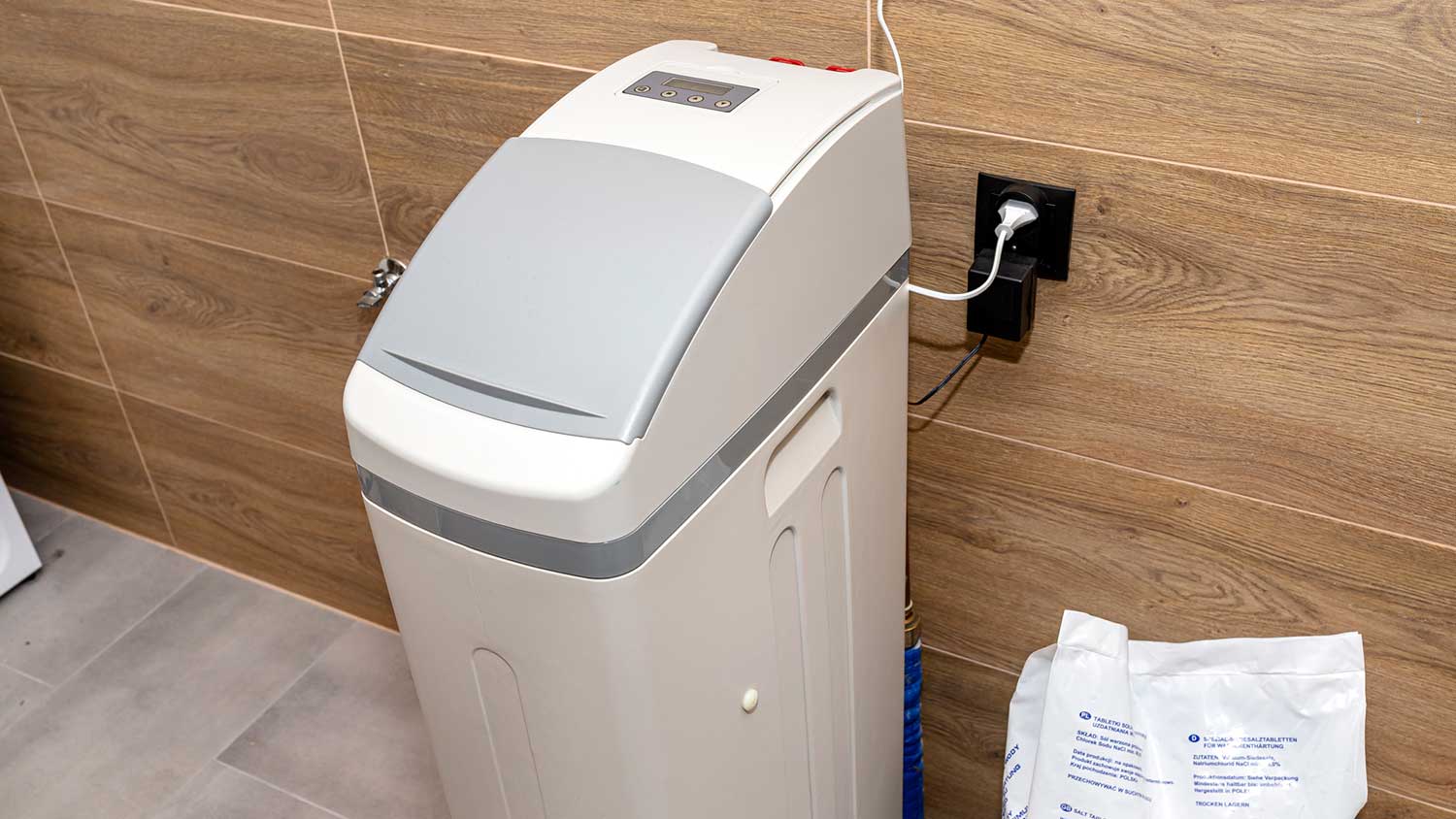
There are four main types of water softeners out there, so before buying a water softener or renting a new system, know your options.
With this type of water softener, water enters a tank containing negatively-charged resin beads that attract positively-charged minerals. The resin beads hold the minerals and eventually get flushed out during the water softener regeneration cycle. Some salt remains behind.
Ion-exchange systems can cost anywhere from $500 to $2,000, depending on the size of the water softener you need, and their only main downside is that your tap water will contain more sodium, although you can use potassium molecules instead.
Salt-free water softener systems use polymeric beads to pull minerals in and convert them into neutralized crystals in template-assisted crystallization. But don’t let these technical words dissuade you; salt-free systems are a simple yet effective way to keep limescale buildup away from your pipes and appliances without introducing salt into your water.
The downside to this softener is that it has a higher cost than ion-exchange systems ($800 to $4,000) and a less powerful system, making it more suitable for smaller homes. Keep in mind, though that your long-term costs could equal out, as you won’t need to replenish the system with salt.
Also called electric water softeners, these softeners hook to a single point in your home, like the water pipe leading to your kitchen sink or showerhead. Through electromagnetic coils, this softener neutralizes heavy minerals in tap water and prevents them from adhering to your pipes and fixtures. These are more often called descalers, which are an alternative to water softeners, as they technically don’t soften the water.
Magnetic water softeners are ideal for smaller homes because they take up little room and don’t require a water line for the installation process. Since they’re smaller, they’re also more affordable than other softener types ($200 to $600). On the other hand, this water softener type doesn’t remove the minerals that it neutralizes and requires access to electricity.
Reverse osmosis water softeners are the crème de la crème of the water softener world. This water softener removes most minerals and heavy metals from your tap water using a semi-permeable membrane. You can install a reverse osmosis system to a single water point or choose a whole house water softener to protect all of your appliances and possessions from mineral damage.
However, keep in mind that this softener comes at a higher cost point than some of the other options ($1,500 or so) and requires new carbon filters approximately every 12 months. Additionally, they can reduce water pressure since the water filtration system is slow.
From average costs to expert advice, get all the answers you need to get your job done.

On average, a reverse osmosis water filter costs around $2,200, but there are a few variables that impact the total price. Learn about them in this guide.
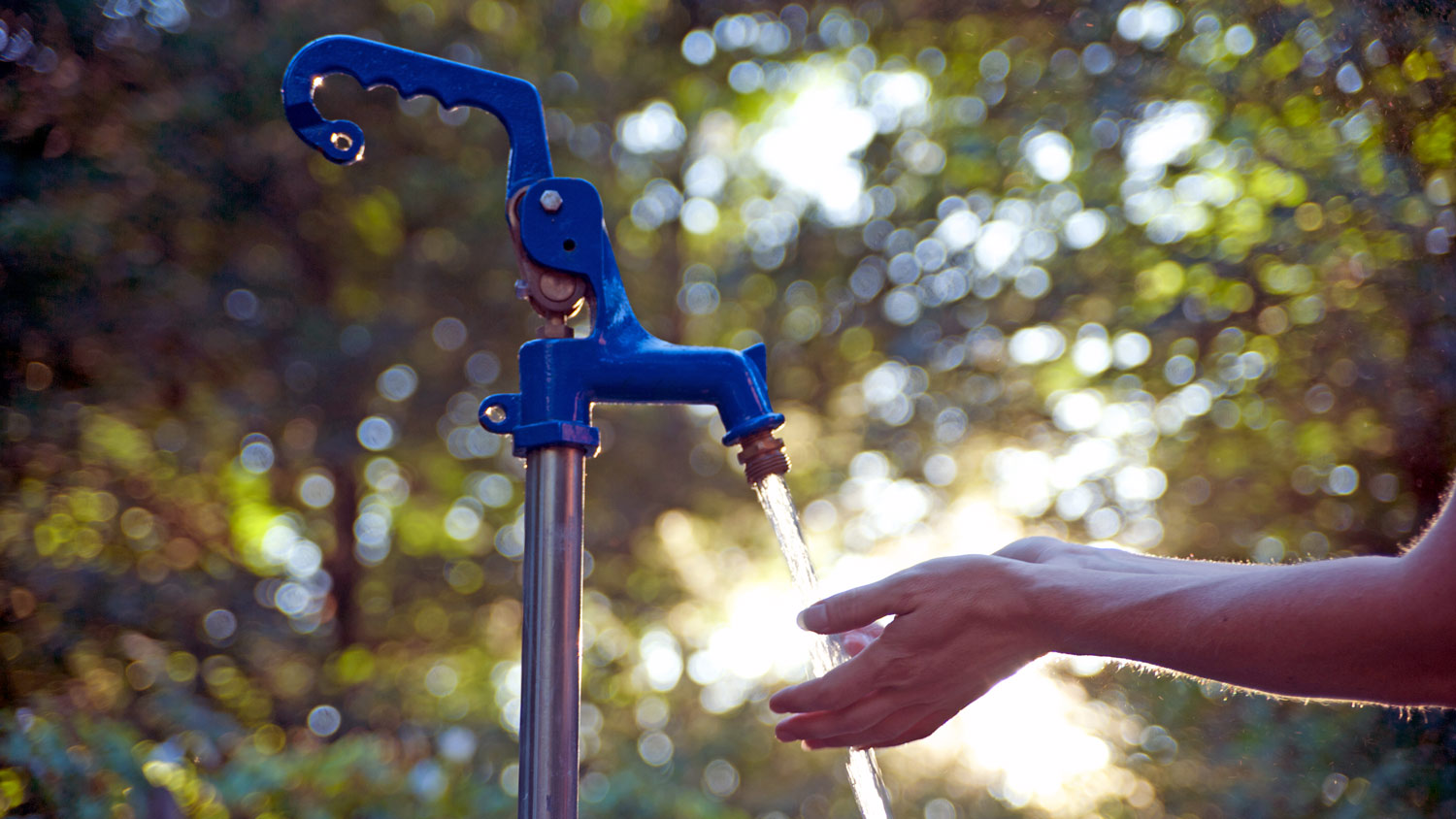
Discover how much well water treatment systems cost, including installation, maintenance, and tips to save. Get expert insights to plan your water system project.

Wondering about water treatment system costs? Learn average prices, key cost factors, and ways to save on installation and maintenance for your home.
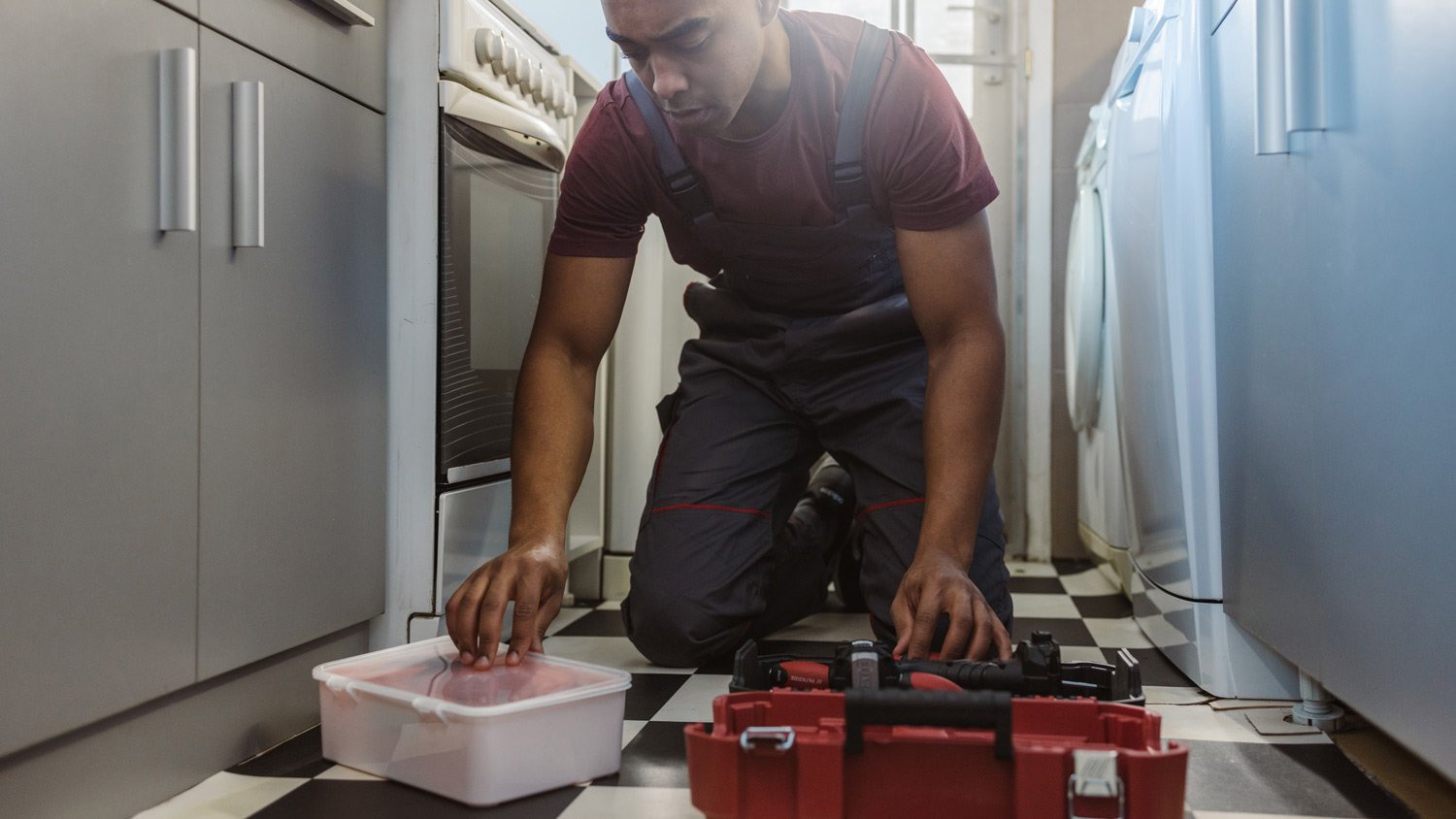
Learn who installs water softeners, including plumbers, technicians, and even DIY-ers, and find the right expert to solve your hard water issues for good.
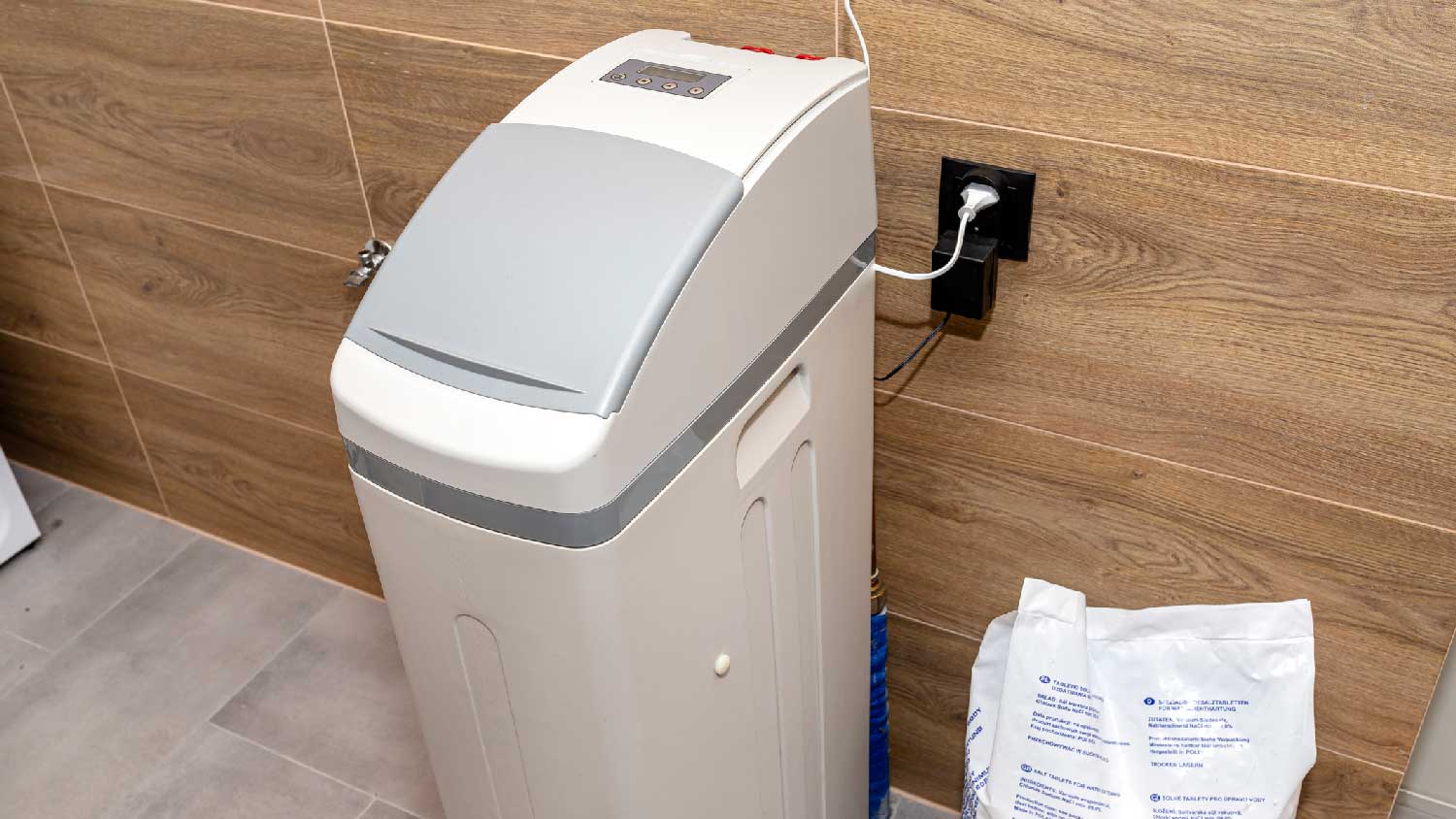
You can install a water softener in a few common spots. However, not all homes are the same, so read on and learn the best spots for this addition.

There are many pros and cons of salt-free water softeners that could impact your decision to buy one. Stay tuned to learn more about salt-free water softeners.